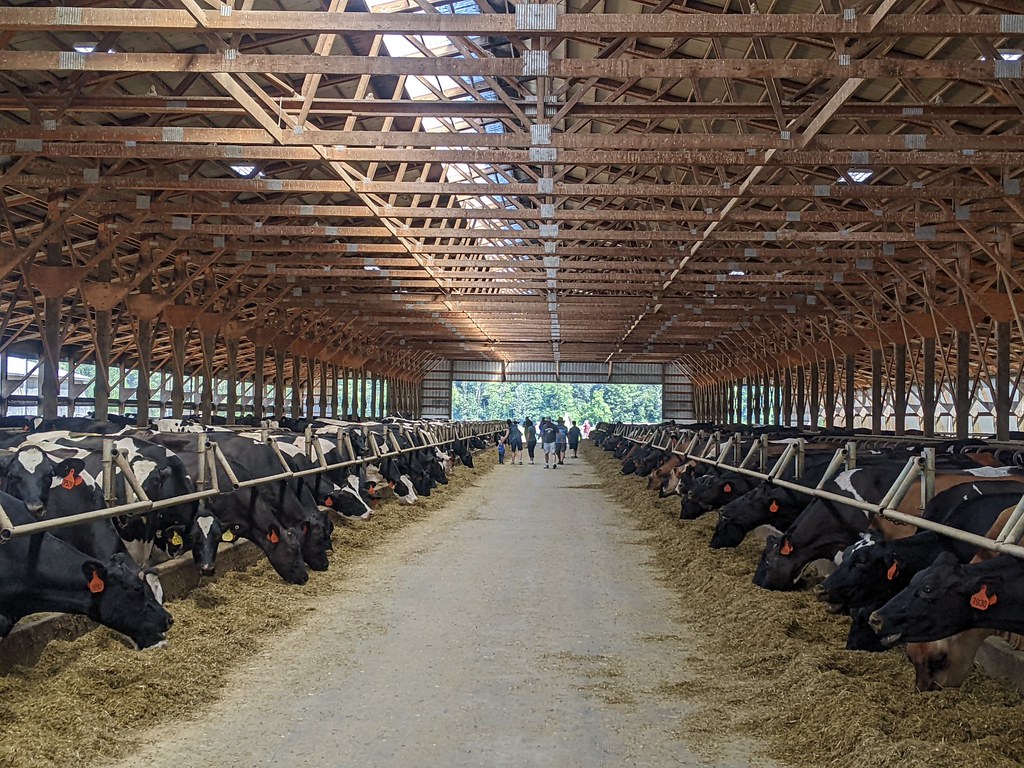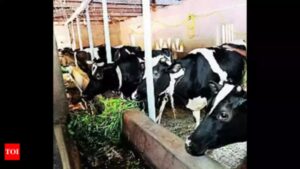
In a significant development, the South Punjab Additional Chief Secretary (ACS), retired Capt Saqib Zafar, has unveiled plans for pioneering corporate and dairy farming projects in the region. These projects aim to transform vast expanses of arid land into fertile agricultural areas, with a particular focus on Cholistan, located in South Punjab.
During a visit to the Cholistan University of Veterinary and Animal Sciences (CUVAS) in Bahawalpur, ACS Saqib Zafar shared this vision. The visit was marked by the presence of CUVAS Vice Chancellor Prof Dr Sajjad Ahmed and South Punjab Livestock and Dairy Development Secretary Nasir Jamal Hotiana, who provided insights into the university’s progress and initiatives to bolster the livestock sector in this desert region.
Vice Chancellor Prof Dr Sajjad Ahmed emphasized the urgency of introducing corporate farming and converting barren lands into cultivable ones, given the burgeoning population in the area. He stressed the pivotal role these endeavors would play in the local economy.
Addressing the students at the university, ACS Saqib Zafar highlighted the significance of the proposed mega projects in corporate dairy farming, foreseeing their substantial contribution to the national economy. He underlined the potential of the dairy development sector in Cholistan, not only in meeting the country’s food requirements but also in enhancing the export of hides and leather products to Gulf states and other nations, thereby bolstering Pakistan’s foreign exchange reserves.
Furthermore, ACS Saqib Zafar pointed out the establishment of the Special Investment Facilitation Council (SIFC) by the federal government, which is poised to promote corporate farming across the country.
During his visit, ACS Saqib Zafar conducted inspections across various departments of the university. He received briefings from the Vice Chancellor on the university’s animal breeding and research center and the functioning of its diverse departments.
CUVAS, occupying a sprawling 1,000-acre area, boasts 27 departments, comprising 15 for undergraduate studies, 11 for post-graduate programs, and one dedicated to PhD students. This move towards enhancing agriculture and livestock in South Punjab holds great promise for the region’s economic development and prosperity.





